US kidnapped Saab with 'malice': Venezuela's Maduro
Venezuelan President Nicolas Maduro says the United States had kidnapped one of his top allies, Colombian businessman Alex Saab, “with malice” in a move that led to the suspension of negotiations with the US-backed opposition in Mexico City.
Maduro, who decided earlier to suspend the talks in protest to his envoy's extradition, said on Monday that Washington “assured the Unitary Platform that they weren't going to take Alex Saab because that would interfere with the dialogue, and they did it.”
Saab, a Colombian businessman with a Venezuelan nationality, was arrested in June 2020, when his plane stopped in the West African island nation of Cape Verde to refuel. He was extradited to the US on Saturday.
Caracas immediately denounced the move as “kidnapping” and suspended the talks, mediated by Norway and hosted by Mexico, which were intended to resolve the years-long crisis in the Latin American country.
Caracas aims to ease US sanctions on the Venezuelan nation while the opposition says it aims to use the talks to secure guarantees for regional elections to be held in the fall.
Maduro had intended to name Saab a member of the delegation to the negotiations.
Washington charged him in 2019 in connection with a "bribery scheme" and sanctioned him for allegedly orchestrating a corruption network that allowed Caracas to profit from a state-run food subsidy program.
Saab's lawyers have dismissed the US charges as “politically motivated”.
Saab appeared Monday at the US district court hearing in Miami held by videoconference, where Judge John J. O'Sullivan charged him with eight counts of money laundering.
His lawyer, Henry Bell, said Saab was wrongfully arrested as he had diplomatic immunity.
The next hearing will take place on November 1.
State Department spokesman Ned Price criticized the Venezuelan president for suspending the dialogue with the opposition, saying Maduro was putting the fate of Saab “above the well-being, above the livelihoods of the millions of Venezuelans,” a charge Maduro dismissed.
US economic sanctions on Venezuela have plunged the nation into poverty, with a majority of the population grappling with lack of access to basic needs, gasoline shortage and frequent power cuts. The dire conditions have prompted millions of Venezuelans to seek better living conditions through moving to other countries.
Iran FM: Success of nuclear talks hinges on ‘seriousness’ of US
Pro-military Israeli journalist detained on suspicion of raping child: Reports
Anthropic resists US War Department push for unrestricted AI access
Iran naval unit returns from drill, cmdr. vows to defend borders to ‘last breath’
VIDEO | Press TV's news headlines
Paris silencing pro-Palestine voices
Iran raises alarm at ‘environmental consequences’ of US militarism
Iran: UN Security Council inaction on Israeli crimes ‘catastrophic’


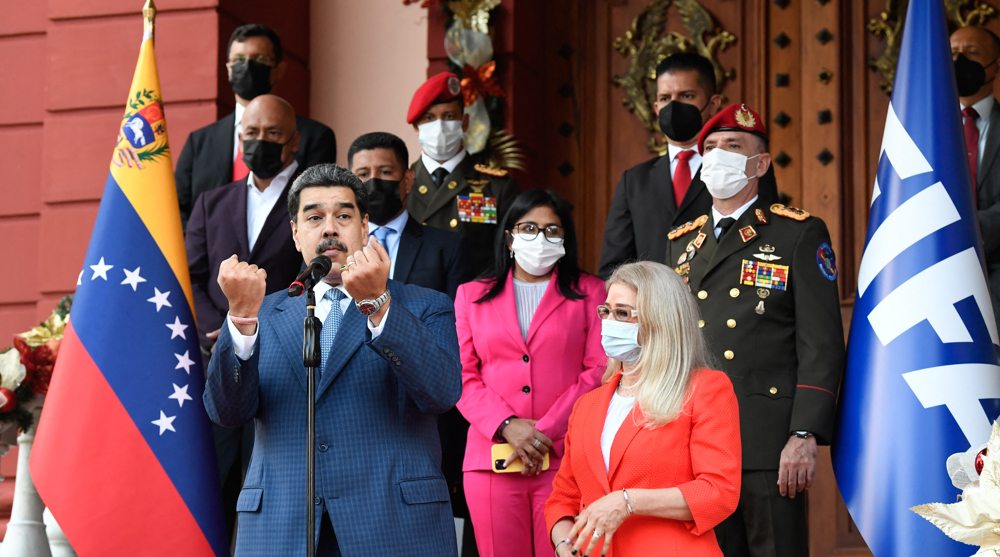
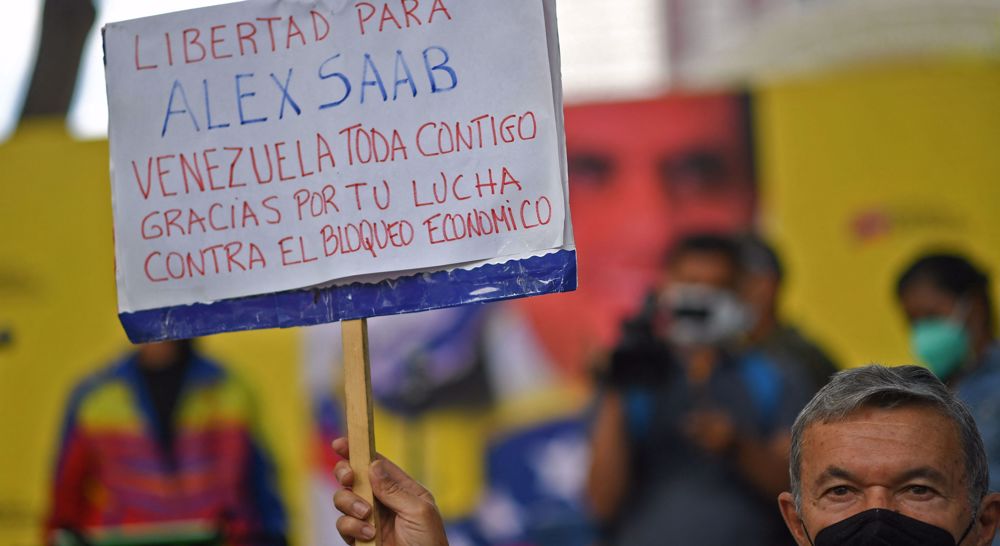
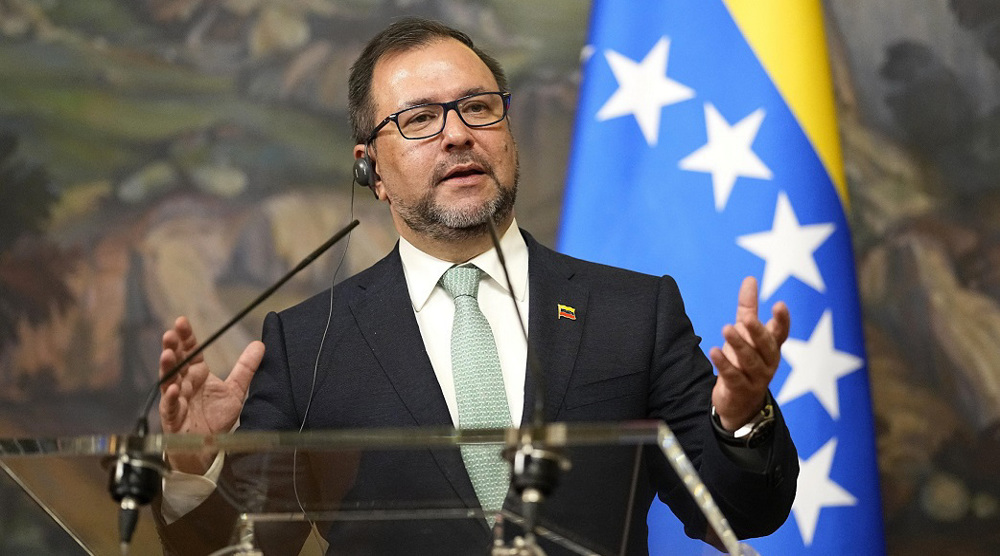
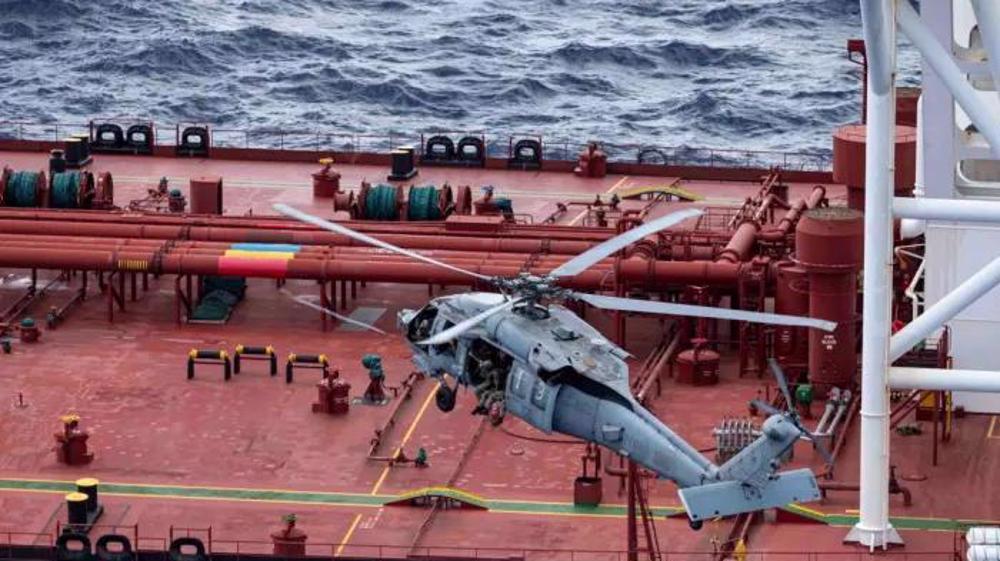
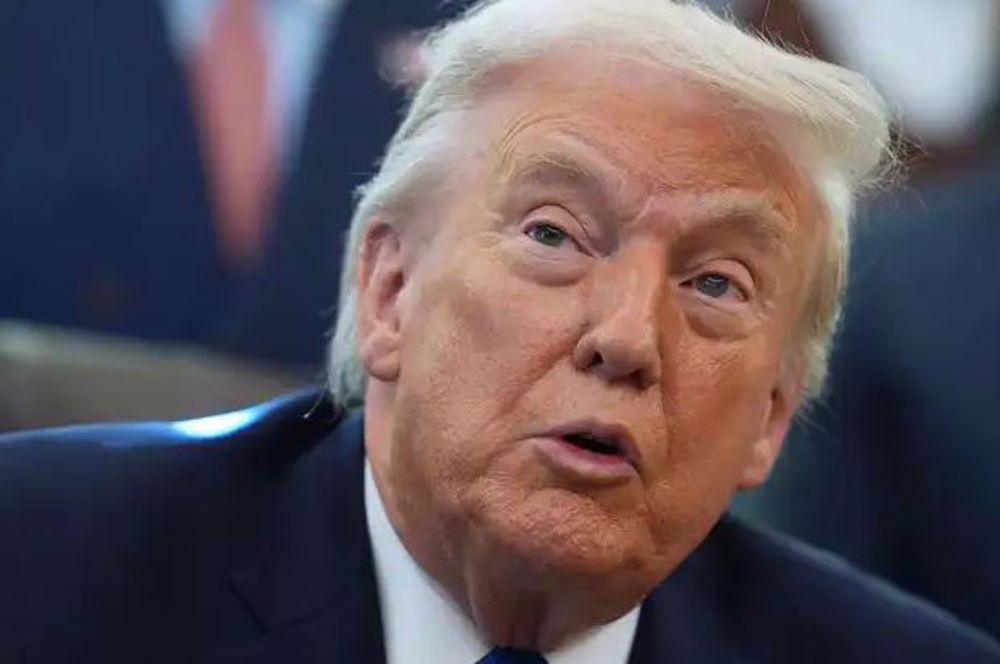



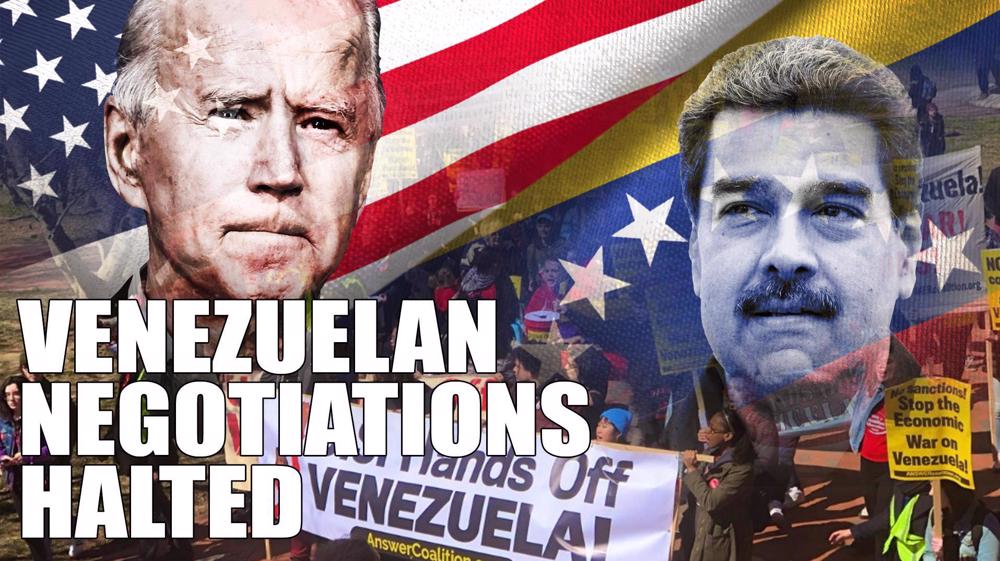
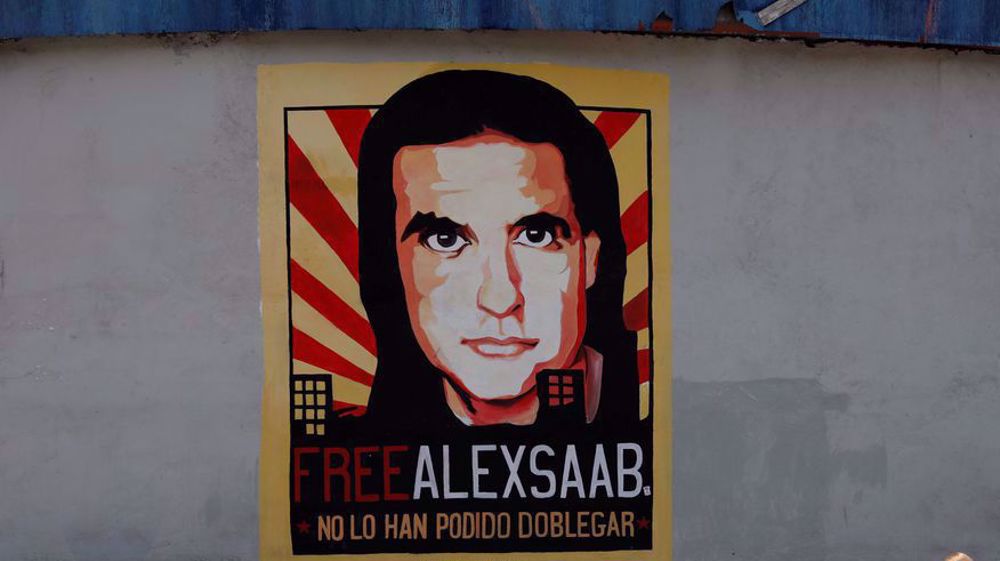

 This makes it easy to access the Press TV website
This makes it easy to access the Press TV website